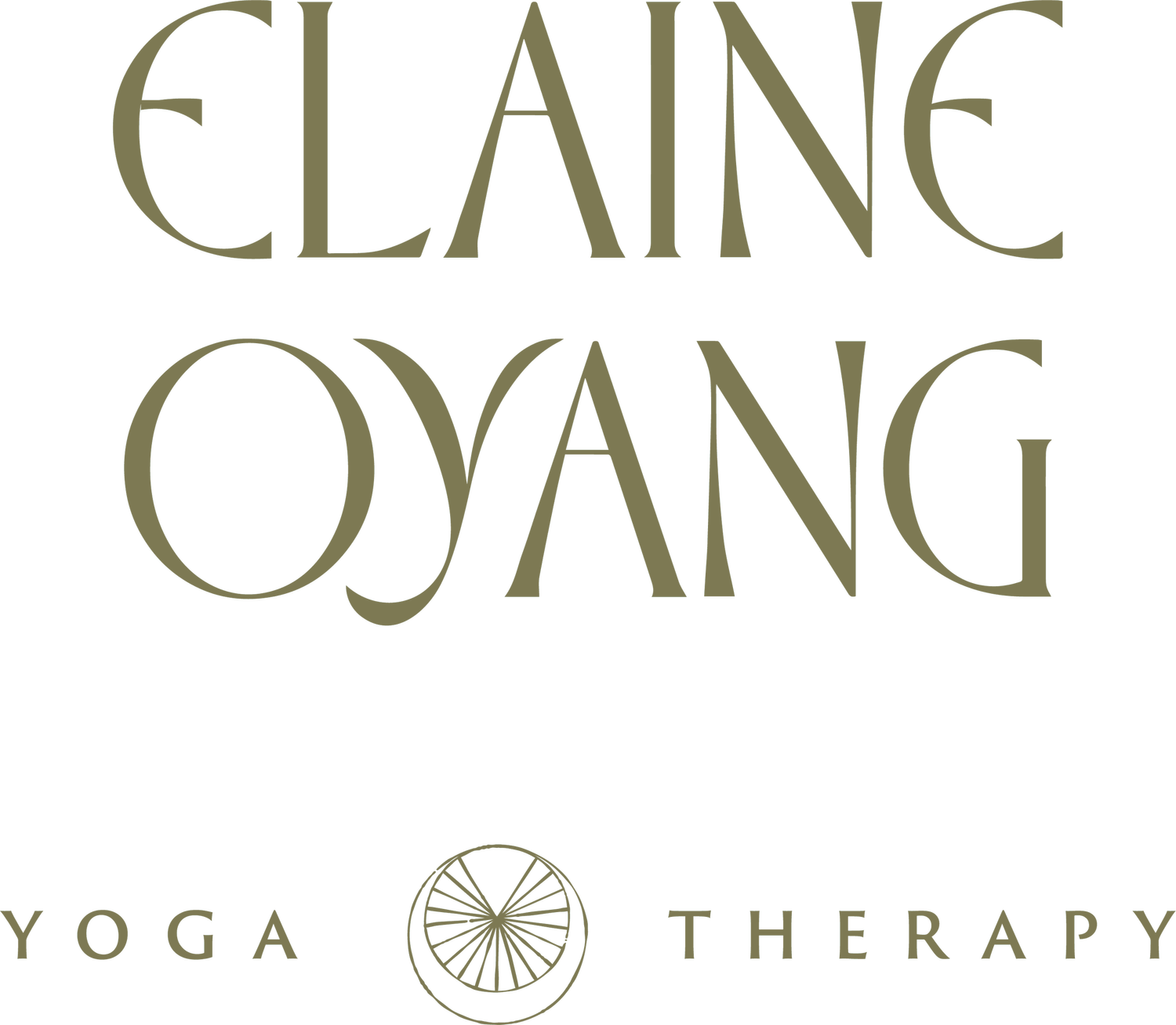
What does tension in our heart tell us?
The tension we feel in our body oftentimes can be mapped to certain traumas, past stressors, and repressed memories and emotions that have become "stuck" in our systems. The heart region is a place where emotions of loss, grief, heartbreak, and mistrust can harbor, cultivating more rigidity in this area that it already does due to its anatomical configurations and our modern lifestyles. Learn what physical and emotional symptoms occur when the heart region becomes rigid.

Be travel-ready this summer without feeling depleted and crashing into pain flares
As exciting and novel as travel is, you are ultimately seeing new things, visiting new places, and being around new people. It can be a lot of stimulation for the body and nervous system.
Here are some suggestions I personally use when I travel to help keep my systems regulated, and not overwhelmed or overly exhausted.

How to create a self-care ritual that you will actually stick to
If you, like most women, wear multiple hats, give away your time, and try to do it all with absolute perfection, you might find that your wellbeing takes the very back seat after everyone else’s.
Perhaps, you have tried to do that “self-care” thing that seems so popular nowadays. You created a plan, bought that journal, splurged on the bath oil, and tried meditating with the expensive meditation cushion you bought…for two days…before an unexpected swerve uprooted you yet again from your Instagram-worthy self-care plan.
In this article, I break it down for you step-by-step to create your very own fail-proof self-care plan.

Your pain and tension tells a story
Ever wondered why certain tensions in your body never seem to go away?
Despite how much time you spend stretching or money for massage, some always seem to come back again and again. There may be deeper reasons for these layers of tensions to be there, and to understand what they're trying to tell you, you have to go within to uncover stress responses that may be unresolved from years ago.

Daily Pain Care Plan: Taking breaks to manage pain and energy
For one reason or another, it is usually exceptionally hard for us to take breaks. We often think: Well, let me just finish this one more thing, then I will take a break. Or: There is just so much to do -- I can’t afford to take breaks!
However, taking frequent breaks throughout the day will not only help you reduce chances of flare-ups and fatigue, it can also give your system an entire reset or reboot so that the tasks you need to accomplish are achieved with more ease, more effectiveness, and less stress.
You may have even noticed this in yourself. On days you’ve had little rest at night or during the day, you may feel more stressed out, overwhelmed, and anxious, all of which can result in fatigue and pain flares. By not allowing yourself to rest, you are ultimately dishonoring your own needs and your body.
We all need to rest. All in all, rest, even in 5 or 10 minute increments, can be incredibly constructive for yourself, your day, and for those around you.

13-Minute Practice for Managing Chronic Pain
The debilitating impact of chronic pain can render a person completely hopeless and frustrated. Though the common advice from doctors is usually to do “gentle exercises,” the thought of exercising can be daunting and seemingly impossible.
Yoga practices, especially ones that are therapeutically-oriented and slower-paced, where options and variations are provided for various types of range of motion, can be very helpful in alleviating certain symptoms while gently mobilizing the physical body.
In the 13-min video above, I offer an accessible, gentle yoga practice with the options of practicing reclined on the floor or bed, or seated on a chair. The sequence guides you through mobilizing common areas of the body that hold tension, such as hips and legs, as well as through the spine and upper back. You can choose one or the other variation depending on the day and how your body feels that day!

